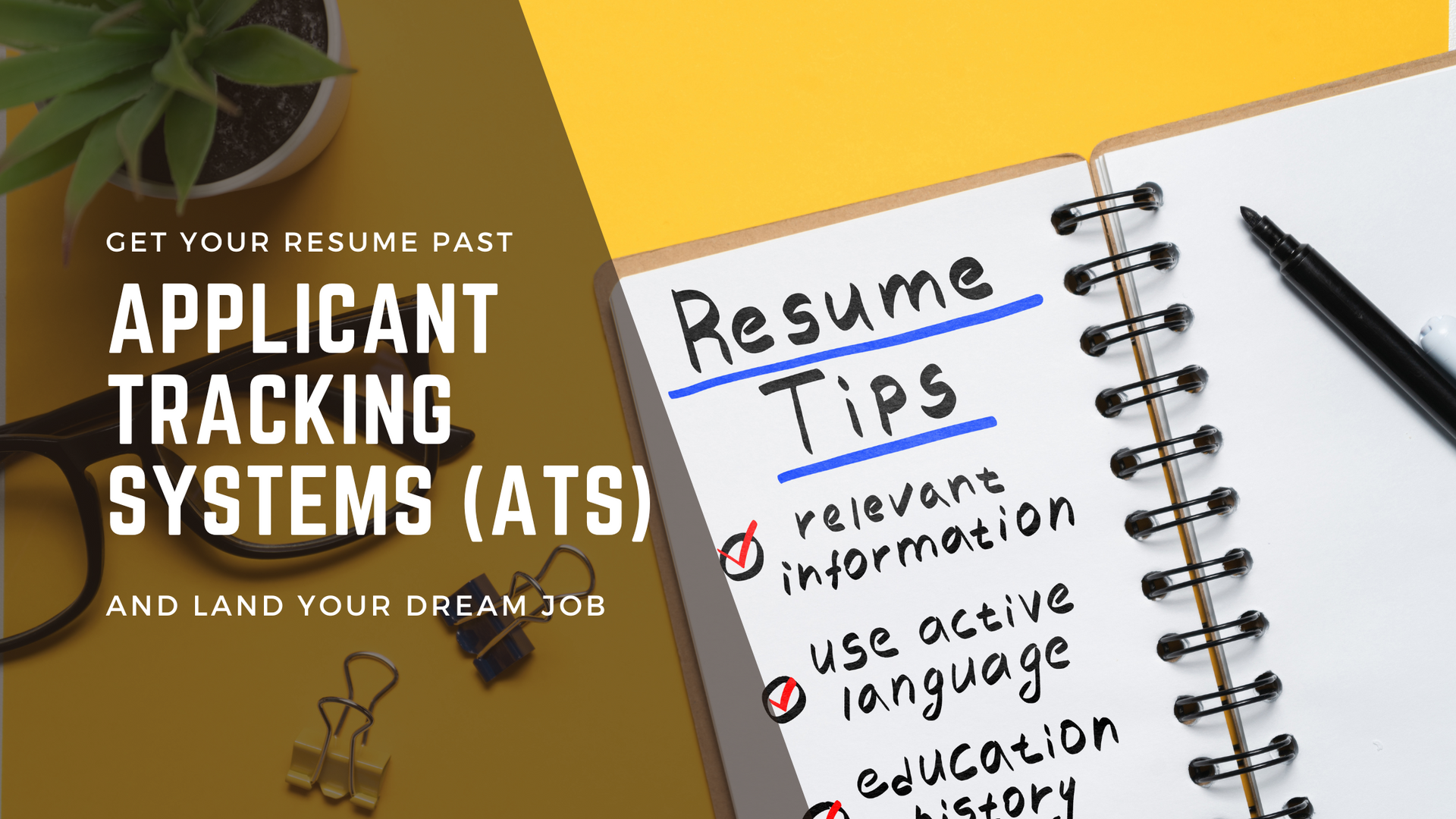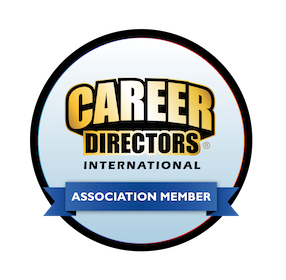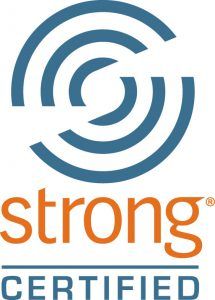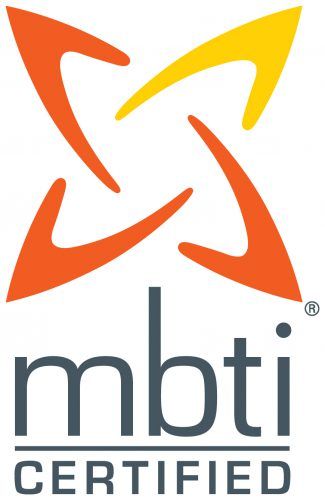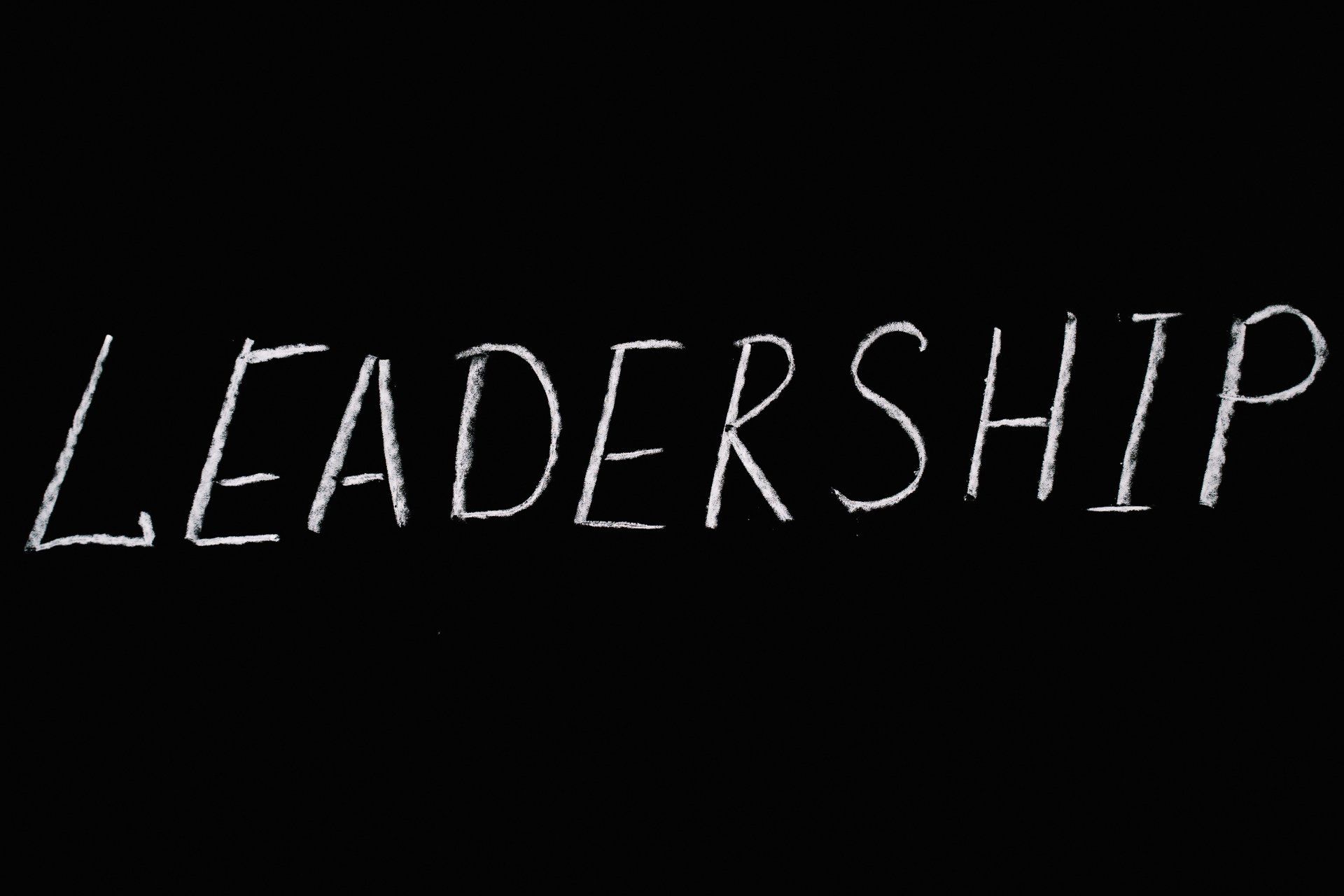
Are you a professional with years, or even decades, of experience in your industry but find yourself contemplating a career move into a leadership role? Navigating this kind of career transition can be daunting, especially if you've been in the same position for many years and are now uncertain how this process even works anymore.
We understand the challenges that experienced professionals face when contemplating a leadership or executive role, and this guide will offer actionable steps to prepare you for this significant career change.
The Value of Leadership
For many professionals with years of experience under their belts, the natural next step in career growth is transitioning into a leadership role. Whether you're contemplating a managerial role or have your sights set on an executive position, moving up the ladder comes with a plethora of benefits that extend beyond a higher paycheck. Let's delve into the value of taking that crucial career step.
Increased Influence
One of the most significant advantages of being in a leadership role is the heightened level of influence you have within your organization. This newfound influence isn't just an ego boost; it's an opportunity to effect real change. Whether you're in manufacturing, IT, finance, or any other industry, leaders have the power to set strategies, influence organizational culture, and make decisions that can have a long-lasting impact.
Greater Job Satisfaction
Most experienced professionals find that the increased responsibility that comes with a managerial or executive role provides a greater sense of job satisfaction. You're no longer simply executing tasks but have a hand in shaping policies, setting team goals, and contributing to the overall success of the organization. This added layer of involvement can make your career feel more fulfilling, and your years of experience are invaluable in this context.
Opportunity for Career Growth
The transition into leadership can open doors you might not have known existed. In many organizations, moving into a managerial or executive role puts you on a different career trajectory, one that offers opportunities for further growth and advancement. It allows you to diversify your skill set and become more marketable, making you more eligible for even higher leadership roles in the future.
Financial Benefits
Let's not overlook the financial benefits that often come with leadership positions. In most cases, transitioning from an individual contributor role to a managerial or executive position entails a substantial salary increase, better benefits, and sometimes even equity options. For seasoned professionals looking for financial growth, taking the plunge into leadership can be a strategic career move.
Self-Assessment: Are You Ready?
Before making a significant career move into a leadership role, it's essential for seasoned professionals to engage in thoughtful self-assessment. With years of experience behind you, you may feel prepared for the challenges ahead. However, not all skills that made you a successful individual contributor will automatically translate into effective leadership. Here, we'll guide you through a self-assessment process that every experienced professional should undertake before stepping into a managerial or executive role.
Skills Inventory: What Skills Do You Already Possess?
Begin by taking stock of your existing skills. You've likely honed a variety of soft and hard skills over your years of experience, but it's crucial to identify which of these will be most useful in a leadership position. Are you good at project management? Do you excel at conflict resolution or strategic thinking? Acknowledge these strengths as you prepare for this new chapter in your career.
Gap Analysis: What Skills Do You Lack?
After inventorying your strengths, the next step is to conduct a gap analysis to identify skills you might lack but are crucial for effective leadership. Even seasoned professionals can benefit from continued learning. Whether it's advanced technical expertise, emotional intelligence, or budget management, knowing your gaps can help you create a roadmap for self-improvement before your transition.
Mindset Shift: Individual Contributor to Leader
Transitioning into a leadership role often requires a fundamental shift in mindset. As an individual contributor, your focus might have been on your tasks and responsibilities. In a managerial or executive role, you'll need to think more broadly about team dynamics, strategy, and organizational goals. Your years of experience may have prepared you for this, but recognizing the shift and actively working to adjust your mindset is key to success in leadership.
Risk Assessment: Weighing the Pros and Cons
Every significant career change comes with both opportunities and challenges. It's crucial to weigh the pros and cons realistically. Will the increased workload impact your work-life balance? Are you ready for the scrutiny that often comes with increased visibility in the organization? This kind of thoughtful risk assessment can guide you in making a well-informed decision.
Building the Right Skill Set
Transitioning into a leadership role after years in the same position requires more than just a rich resume and decades of industry experience. As many seasoned professionals realize, moving from an individual contributor to a managerial or executive role demands a specific set of skills. Here we'll delve into the soft and hard skills you need to cultivate to ensure your career move into leadership is a successful one.
Soft Skills
Emotional Intelligence
For those eyeing a leadership role, emotional intelligence is not a luxury; it's a necessity. Understanding and managing your own emotions, as well as those of your team, can set the stage for effective communication and a more harmonious work environment. Emotional intelligence is often what separates good leaders from great ones, especially in emotionally charged industries like healthcare or high-stress sectors like finance.
Communication Skills
Even if you've been effective in lower-level roles, taking on a managerial or executive role requires a new level of communication expertise. Whether it's being clear about project objectives or navigating sensitive office politics, your ability to communicate will be under the microscope like never before.
Decision-Making
The shift from individual contributor to leader also entails making higher-stakes decisions that can impact the entire team or organization. Being decisive yet thoughtful is crucial, and your years of experience can serve as a solid foundation for making better decisions.
Hard Skills
Project Management
Coordinating multiple moving parts, managing team resources, and ensuring project success are fundamental aspects of many leadership roles. While you might have managed projects in the past, the scale and scope are often greater in managerial or executive positions.
Budgeting
Especially in executive roles, understanding and managing budgets is vital. Your financial decisions will have broader consequences, and an error in judgment can be costly. Seasoned professionals transitioning into leadership roles must familiarize themselves with budgeting at a scale that may be new to them.
Technical Skills Relevant to Your Industry
While soft skills are universally important, the hard skills required can vary greatly depending on your industry. Whether you're in IT, healthcare, or finance, staying updated on the latest tools and technologies is essential. In some industries, additional certifications may be required or highly beneficial.
Navigating Office Politics
Moving into a leadership role often brings its own set of challenges, and one of the most intricate yet unavoidable aspects is navigating office politics. As a seasoned professional with years of experience, you've undoubtedly encountered workplace dynamics before, but their complexity tends to increase as you ascend into managerial or executive positions. This section aims to equip you with strategic insights to adeptly navigate the often murky waters of office politics as you make this significant career move.
Understanding the Landscape
Before you can successfully navigate office politics in your new leadership role, you must first understand the existing landscape. Who are the influencers within the organization? What internal alliances exist? Being aware of these dynamics can give you a head start in forming your own alliances and avoiding potential conflicts.
Building Strategic Alliances
Having allies is important at every stage of your career, but it becomes increasingly crucial when transitioning into a managerial or executive role. Strategic alliances can offer you support and provide valuable insights into the workings of your organization. Seek out relationships with individuals whose skills and areas of influence complement your own.
Conflict Resolution
Even with years of experience, dealing with conflict is an inevitable part of any leadership role. Your ability to resolve disputes effectively—whether between team members or among higher-ups—can set you apart as a strong leader. It's not just about putting out fires but also about fostering a positive work environment that minimizes conflicts in the first place.
The Art of Diplomacy
A critical skill for anyone in a leadership role is the art of diplomacy. Whether you're negotiating deals, mediating conflicts, or presenting proposals to stakeholders, diplomacy can make or break your success. Understanding when to push forward and when to compromise is crucial, and your years of experience can provide valuable lessons in this area.
Visibility and Credibility
In a managerial or executive role, visibility is often greater, but so is the scrutiny. Building and maintaining your credibility becomes vital. Ensure your actions and decisions align with your words. Integrity goes a long way in helping you successfully navigate office politics.
Networking and Mentorship
Making the transition into a leadership role is a monumental career move that can be both exhilarating and daunting for seasoned professionals with years of experience. A key element that can ease this transition and set you up for success in your new managerial or executive role is focusing on networking and mentorship. Even with decades of work behind you, the wisdom and connections that come from a strong professional network and guidance from mentors are invaluable assets. In this section, we'll discuss how you can leverage both to enhance your leadership skills.
The Importance of Networking
In any career, but especially in leadership roles, the adage "It's not what you know, but who you know" often rings true. Networking isn't just about collecting business cards; it's about building meaningful relationships that can provide both personal and professional growth. Whether you are in healthcare, IT, finance, or any other sector, a strong network can offer invaluable insights and open doors that might otherwise remain closed.
How to Network Effectively
Successful networking as a seasoned professional may differ from when you were just starting out. You likely already have a solid foundation but expanding it strategically is crucial. Attend industry-specific events, engage in online forums related to your field, and don't underestimate the power of social media platforms like LinkedIn. Reach out to colleagues and industry leaders you admire; a simple coffee invitation can go a long way.
Mentorship: Why It's Essential at Every Stage
Regardless of your years of experience, there is always something new to learn. A mentor can provide personalized guidance tailored to your career aspirations and challenges in your new managerial or executive role. This relationship can help you avoid common leadership pitfalls, navigate office politics more effectively, and even offer technical advice that you may not have considered.
Becoming a Mentor
With your level of experience, you also have the opportunity to serve as a mentor to less-experienced colleagues. This not only contributes to your personal satisfaction but also enhances your leadership skills. Being a mentor can provide new perspectives that you can incorporate into your own leadership style.
Update Your Resume and LinkedIn Profile
Transitioning into a leadership role is a significant milestone, especially for seasoned professionals who have accumulated years of experience. While your skills and know-how are essential for success in a managerial or executive position, the importance of an updated resume and LinkedIn profile cannot be overstated. These are often the first points of contact between you and potential employers or business partners. In this section, we'll guide you through the necessary updates, and how Reach Your Destination can help you make your profiles standout.
Why Update Your Resume?
Even if you're not actively job hunting, having an up-to-date resume is a smart career move. In a leadership role, your responsibilities and achievements should be well-documented and easily accessible. You'll also want to adjust the language to reflect your new position and focus more on leadership skills, project management, and other managerial tasks. Reach Your Destination offers specialized resume writing services tailored to seasoned professionals transitioning into leadership roles.
Tailoring Your LinkedIn Profile
Your LinkedIn profile is essentially your online resume and a networking platform rolled into one. Just as with your paper resume, your LinkedIn should be updated to reflect your transition into a managerial or executive role. This includes updating your job title, responsibilities, and skills section to highlight your leadership abilities. Reach Your Destination can help optimize your LinkedIn profile to attract the right connections and opportunities.
Recommendations and Endorsements
As a seasoned professional, you likely have a substantial network. Utilize this by seeking recommendations and endorsements on LinkedIn. These social proofs can add considerable weight to your profile and make you more appealing to recruiters and other professionals in your industry.
Visibility and Activity
Simply updating your resume and LinkedIn profile isn't enough; you need to be active. Post relevant articles, share insights, and engage in meaningful conversations on LinkedIn. This activity not only keeps your profile visible but also showcases your expertise in real-time. Reach Your Destination offers coaching on how to effectively maintain an active and engaging LinkedIn profile as part of our career services.
Preparing for the Interview
Even seasoned professionals with extensive years of experience can find interviews for managerial or executive roles intimidating. After all, the stakes are high, and the questions can be uniquely challenging. In this significant career move, it's not just about reviewing your past experiences but also demonstrating how they have prepared you for leadership roles. Here, we’ll provide key strategies for preparing for these high-stakes interviews, and how Reach Your Destination can assist you in making the right impression.
Understand the Leadership Expectations
Transitioning into a leadership role often means that interviews focus more on strategic thinking, leadership philosophy, and your approach to handling complex projects and teams. Make sure to align your preparation with these key themes. Reach Your Destination provides mock interviews designed specifically for leadership roles, ensuring you're well-prepared for these nuanced discussions.
Highlight Relevant Experience
Your resume got you in the door; now it's time to elaborate. Delve into specific instances where you demonstrated leadership, managed large projects, or navigated challenging workplace scenarios. Don't just list accomplishments—tell a story that shows you're uniquely suited for managerial or executive responsibilities.
Leverage Your Network for Insight
If you have connections within the company or industry, now is the time to consult them for insights into the interview process, company culture, and key players. A simple conversation can provide a wealth of information that can give you an edge in your interview.
Be Ready for Behavioral Questions
As a seasoned professional, you're likely familiar with the concept of behavioral interview questions. These questions are even more critical when you're transitioning to a leadership role as they offer a window into your problem-solving and leadership skills. Reach Your Destination can coach you on formulating strong answers to these questions.
Follow Up After the Interview
An interview isn't over once you leave the room. Sending a thoughtful follow-up email can make a lasting impression and set you apart from other candidates. Reach Your Destination can guide you on the best practices for post-interview etiquette.
The First 90 Days: Making Your Mark as a New Leader
For seasoned professionals with multiple years of experience, stepping into a managerial or executive role often comes with heightened expectations. The first 90 days are critical for setting the tone for your leadership style and making a strong impression within the organization. This period can either make or break your transition into a more prominent role. In this section, we'll discuss how to successfully navigate these pivotal first 90 days, and how Reach Your Destination can provide personalized support to ensure your success.
Setting Priorities
You will have a plethora of tasks to manage, but it's essential to recognize which are the most urgent and impactful. Prioritizing effectively is a hallmark of good leadership. Whether you use the Eisenhower Box method or another prioritization tool, Reach Your Destination can guide you in setting the right objectives from the start.
Building Relationships
Creating strong professional relationships is crucial at this stage. As a new leader, you need to establish trust and credibility, both with your team members and higher-ups. Reach Your Destination offers coaching on effective communication and team-building strategies tailored to leaders.
Understanding Organizational Culture
Seasoned professionals understand that each company has its own unique culture and politics. Navigating this effectively is crucial for long-term success in any managerial or executive role. Reach Your Destination can help you analyze and understand the organizational culture to ensure you fit in seamlessly.
Addressing Quick Wins and Long-term Goals
Quick wins generate momentum and can solidify your reputation as a competent leader. However, it's equally important to start laying the foundation for long-term goals and initiatives. Balancing both is an art, and Reach Your Destination can help you master it through our tailored leadership programs.
Ongoing Learning and Development
Even seasoned leaders with years of experience must continually adapt and grow. Reach Your Destination provides ongoing coaching and development programs to help you evolve your leadership skills continuously.
Conclusion
Stepping into a leadership role is a significant milestone that requires thoughtful preparation and strategy, especially for seasoned professionals with years of experience. Throughout this blog post, we've covered crucial aspects of this transition, from understanding the value of leadership and self-assessment to updating your resume and preparing for interviews. We also delved into the importance of networking, mentorship, and navigating the pivotal first 90 days in a managerial or executive role. The path to leadership is multifaceted; however, taking proactive steps in preparation will make your transition smoother and more effective.
Your journey towards a successful leadership role can be both challenging and rewarding. Reach Your Destination specializes in assisting seasoned professionals like you transition into managerial and executive positions through personalized career coaching and specialized resume writing services. Reach out to us today to better prepare for your leadership role and make the most of your years of experience.

